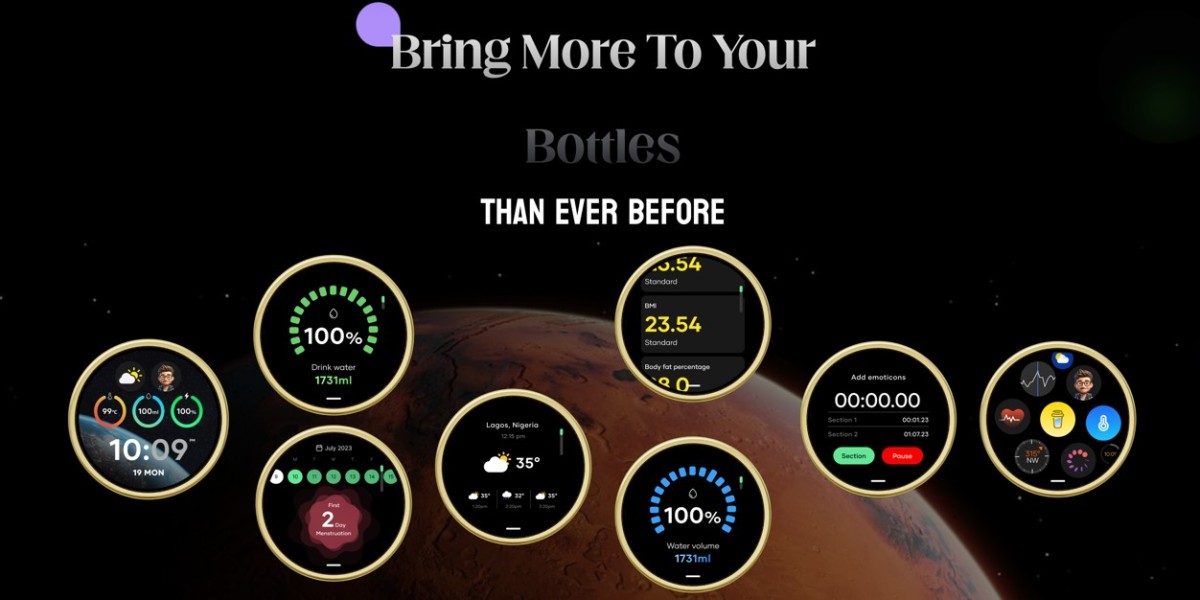In today's digital landscape, customers expect seamless, personalized experiences across all touchpoints – from browsing online to visiting stores to interacting with support. Omnichannel strategies aimed at achieving this are no longer optional but essential for business success. However, delivering a truly connected and satisfying omnichannel experience requires more than just offering multiple channels. This is where Artificial Intelligence (AI consulting) services step in, acting as the catalyst for a revolutionary transformation.
What is an Omnichannel Experience?
Imagine a customer seamlessly transitioning from researching a product online to receiving personalized recommendations in-store, followed by effortless post-purchase support through multiple channels – all feeling like a single, interconnected journey. That's the essence of an omnichannel experience. It breaks down channel silos, providing a consistent and relevant experience across the customer journey, regardless of the touchpoint they choose.
Why is AI Crucial for Omnichannel Success?
While offering various channels is a starting point, the true challenge lies in creating a unified and personalized experience across them. This is where top generative AI companies excel. Its ability to analyze vast amounts of data, understand customer behavior, and automate tasks enables several key transformations:
1. Hyper-Personalization: AI-powered algorithms can delve deep into customer data (purchase history, online behavior, demographics, etc.) to understand individual preferences and needs. This allows for dynamic personalization across channels – from delivering relevant product recommendations to tailoring marketing messages and offering proactive support. Imagine a clothing store suggesting complementary items based on your previous purchases, or a travel company recommending customized itineraries based on your interests.
2. Seamless and Consistent Experience: AI bridges the gap between channels by unifying customer data and context. By understanding the customer's journey across different touchpoints, AI can ensure a consistent experience. For example, a customer who abandons their cart online can receive a personalized reminder email with saved items, continuing their journey seamlessly.
3. Predictive Support: AI analyzes customer interactions and identifies potential issues before they arise. This allows for proactive support, offering solutions or addressing concerns even before the customer needs to reach out. Chatbots powered by AI can answer basic questions, while natural language processing can analyze customer communication to escalate complex issues to human agents, saving time and effort for both parties.
4. Efficiency and Automation: AI automates repetitive tasks like answering frequently asked questions or providing initial troubleshooting steps. This frees up human agents to focus on complex issues and higher-value interactions, boosting customer satisfaction and improving operational efficiency.
5. Continuous Learning and Adaptation: AI systems are constantly learning and evolving, analyzing customer feedback and interactions to adjust their responses and recommendations. This dynamic adaptation ensures the omnichannel experience remains relevant and effective as customer preferences and expectations change. Check the blog on AI in sport & how AI has evolved the industry.
Examples of AI in Action:
Retail: Sephora uses AI-powered chatbots to answer beauty questions and recommend products. Amazon personalizes product recommendations and displays targeted ads based on individual browsing history.
Banking: HSBC utilizes AI to analyze customer transactions and identify potential fraud before it occurs. Banks also use chatbots for initial inquiries and loan applications, streamlining the process.
Travel: Booking.com leverages AI to suggest personalized travel packages and predict flight delays. Airlines use AI-powered chatbots to handle basic inquiries and booking modifications.
The Future of AI-Powered Omnichannel:
As AI technology continues to evolve, we can expect even more impactful transformations in the omnichannel space. Imagine virtual assistants anticipating your needs before you even express them, or AI-powered stores with personalized product displays and interactive experiences. The possibilities are limitless, and businesses that embrace AI will be at the forefront of creating next-generation customer experiences.
Ethical Considerations and Implementation Challenges:
While AI offers immense potential, it's crucial to address ethical considerations like data privacy, transparency, and bias. Additionally, successful implementation requires careful planning, integration with existing systems, and a focus on human-AI collaboration rather than AI replacing human interaction entirely.
Conclusion:
The integration of AI and omnichannel strategies is shaping the future of customer experience. By leveraging AI's power to personalize, predict, and adapt, businesses can create seamless, connected, and truly customer-centric journeys across all touchpoints. By addressing ethical concerns and ensuring responsible implementation, AI can be a powerful tool for enhancing customer satisfaction, loyalty, and ultimately, business success.









